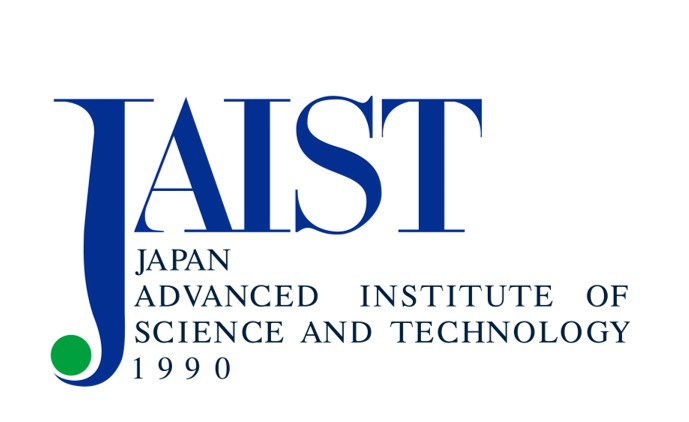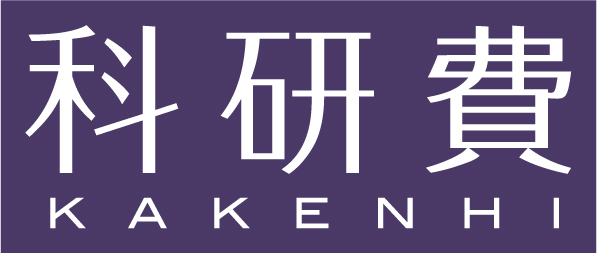Call for Posters (finished)
Program (click here)
Note: We strongly consider the importance of interaction between invited speakers and attendants. Therefore, we will organize a Panel discussion for further discussion after each technical session (3 in total).
The detailed program is available here (subjected to change)
Scope
Human fingerpads, our primary organ of touch, are soft and deformable. Deformable pads have the advantage of conforming to the objects that are being touched, ensuring a stable grasp for a large range of forces and shapes, but also provide information on the interaction with the environment. In recent years, the usage of compliant and deformable materials for the design of soft tactile sensors and haptic interfaces has become somewhat popular also in the robotics community. Moving from biological inspiration, this choice allows for a more ecological interaction with the environment and an easier integration with human body and soft robotic systems. The enabling factor for soft haptics is the variation of device morphology, which plays a crucial role not only to convey haptic stimuli in a natural fashion but also to detect system internal deformation in response to the interaction with the external world. This can be regarded as a paradigm shift for the design of soft haptic devices from principle-oriented to embodiment-oriented norms, which requires a highly interdisciplinary effort, where studies in materials science, electro-mechanical design, modeling, perception, as well as biological/neuroscientific modelling need to be integrated.




